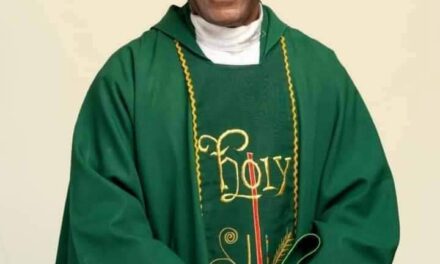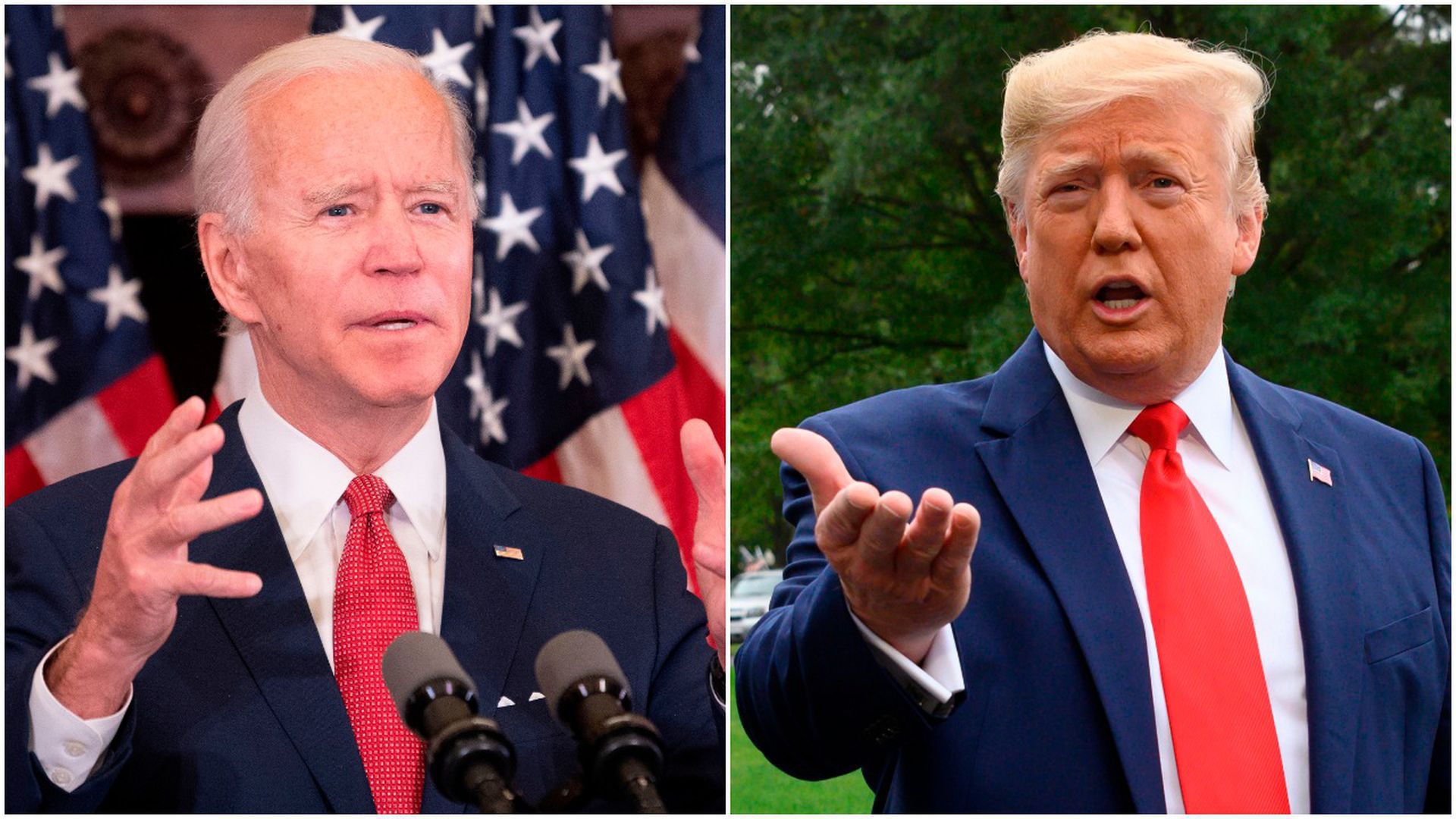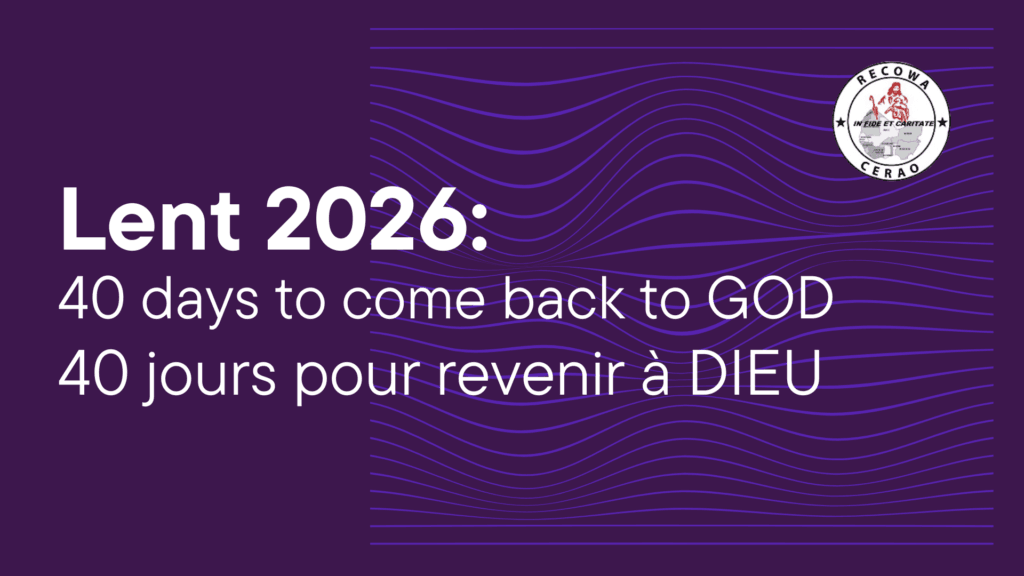The President of SECAM which is the acronym for an umbrella body of all the catholic bishops in the African continent has continued to bare his mind about what the Church in Africa feels about the decisions of the Universal Church. Recently, he has declared that in Africa, Fiducia Supplicans Perceived as “cultural colonization and Western imperialism”. Little wonder therefore why the Catholic Institute of West Africa in Nigeria has decided to focus on Fiducia Supplicans in their ongoing 33rd Theology Week. The Correspondent of RECOWACERAO NEWS AGENCY, RECONA based in Lagos, the commercial capital of Nigeria reported that the lead paper in this Weeklong activity which has its title as, “The Church in Africa and Fiducia Supplicans: Between Ecclesial Universality and Peculiarity,” endeavored to exhume the deeper feelings of an average African on this papal document.
Fiducia Supplicans (FS), the declaration by the Vatican Dicastery for the Doctrine of Faith (DDF) permitting the blessing of “same-sex couples” and couples in other “irregular situations”, was perceived as “cultural colonization” in Africa, the President of the Symposium of Episcopal Conference of Africa and Madagascar (SECAM) has said.
In a March 17 interview with the French-language Catholic Television Channel, KTO, Fridolin Cardinal Ambongo lamented the lack of “synodality” in the release of the DDF Declaration that has evoked mixed reactions and deep division among Catholic Bishops across the world since its publication on December 18.
“In this Declaration, there was a whole cultural problem, because the African continent perceived Fiducia Supplicans as cultural colonization,” the Archbishop of Kinshasa in the Democratic Republic of Congo (DRC) said.
What FS proposes is “a kind of Western imperialism, but on a cultural level”, he further said, adding that the Vatican Declaration, “practices that are considered normal in the West were imposed on other peoples.”
“I think this explains the virulence of Africa’s reaction,” Cardinal Ambongo said, alluding to the January 11 decision of the Catholic Bishops in Africa not to implement FS on the continent following a December 20 appeal for opinions from Presidents of Catholic Bishops’ Conferences of Africa and its Islands given having a “single synodal pronouncement”.
“I don’t think this text was necessary at the time,” he said referring to FS, and explained, “We had just come out of the first session of the Synod on Synodality, and we’re now waiting for the second session. All these questions we raised during the first session of the Synod; we’re going to come back to them and we would have gained a lot by waiting for the end of the second session and mature this kind of subject in a spirit of synodality.”
“I think that what surprised and shocked us the most was how the text was published,” Cardinal Ambongo, who has previously explained how he spearheaded the rejection of FS in Africa said.
He continued, “When you read the content of the document, there’s no revolution because we do bless people. We bless everyone, we even bless animals, and we bless cars. Sometimes I even bless pens students use.”
“Blessings can be given to anyone. This means that what caused the problem wasn’t the blessing, because we already give blessings. What came as a bit of a shock, and I think we should have prepared public opinion a little better during the Synod, was the blessing of the homosexual couples,” he said.
The Congolese Cardinal, who has been a member of Pope Francis’ Council of Cardinals (C9) since his appointment in October 2020 and reappointment in March 2023 further said, “I believe that if we had consulted beforehand, if we had analyzed Fiducia Supplicans in the spirit of synodality, perhaps we could have presented it in a different form and with a different tone, taking into account the sensitivities of others.”
Following conflicting reactions to FS, the Prefect of the DDF, Víctor Manuel Cardinal Fernández, called upon each Bishop to “make discernment” on its implementation.
In a five-page press release on January 4, DDF provided clarification on FS, writing that its implementation will depend “on local contexts and the discernment of each diocesan bishop with his diocese.”
In Africa, Catholic Bishops issued a “consolidated summary” of their responses against the possibility of blessing couples as suggested in FS.
In their five-page response to FS, SECAM members said they “do not consider it appropriate for Africa to bless homosexual unions or same-sex couples because, in our context, this would cause confusion and would be in direct contradiction to the cultural ethos of African communities.”
The Catholic Bishops said the “spontaneous” and non-liturgical blessings, which FS proposes, “cannot be carried out in Africa without” causing “scandals.”
In the March 17 interview, Cardinal Ambongo said since the issuing of the January 11 SECAM statement, there is “peace and tranquility” on the continent.
“Since then, we no longer speak of Fiducia Supplicans in terms of virulent opposition to Rome or the Holy Father,” the Congolese member of the Order of Friars Minor Capuchin (OFM Cap.) said.
He went on to recall, “There have been cases of homosexuality, but the cases that exist in Africa are considered a deviation, an abomination.”
“The cases do exist, and you’ll see that on the African continent as a whole, homosexuality is not yet legalized. The practice of homosexuality even if it does exist, is not considered a normal practice,” the President of SECAM since February 2023 said.
He added, “The Church on the continent has a very clear stance. We welcome homosexuals as human beings, as sons and daughters of God, we don’t reject them, but we don’t assume that this sexual orientation is the one we can teach our children
- CATHOLIC ARCHBISHOP IN GHANA HAILS POPE LEO XIV AS GOD’S GIFT - 23 mai 2025
- POPE LEO XIV TO APPROVE CANONIZATIONS - 22 mai 2025
- THE EVOLUTION OF PAPAL TRANSPORTATION - 20 mai 2025







